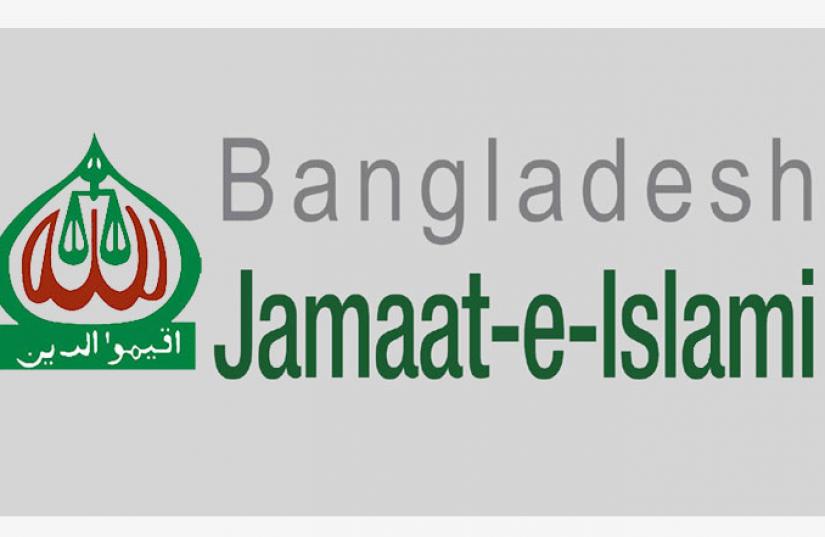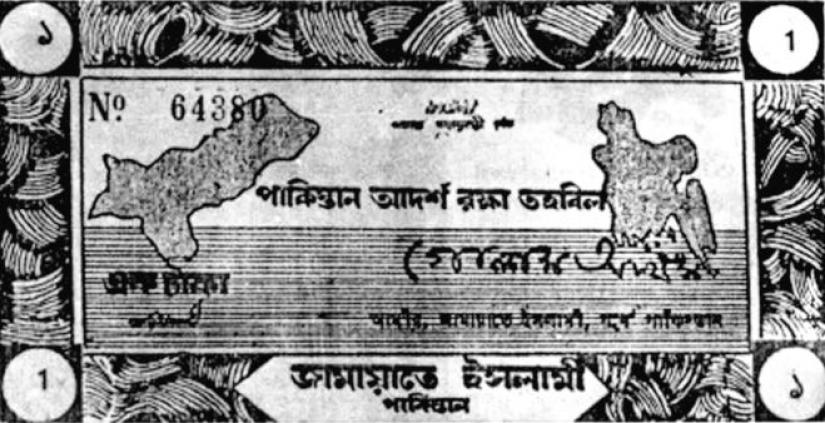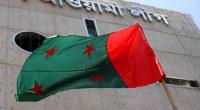 The Jamaat-e-Islami had formed a panel over a “formal apology” for the party’s role during the 1971Liberation War.
The Jamaat-e-Islami had formed a panel over a “formal apology” for the party’s role during the 1971Liberation War.
In 2017, the issue of apologising was forwarded to the party’s policymaking forum Majlish-e-Shurah but after the leaders voted 40 to 60 the matter was dropped, party insiders told Bangla Tribune.
Two years after that on Feb 15, 2019, the assistant secretary general Abdur Razzaque resigned advising apology for Jamaat’s role in 1971.
However, with a new Ameer elected this December, the committees will see reshuffle and leaders see the possibility of taking the matter forward.
A reliable Jamaat source told Bangla Tribune on Saturday (Dec 14) that the leaders are closely monitoring the situation ever since the vandalising of Daily Sangram and the subsequent arrest of its editor Abul Asad for describing executed war criminal Abdul Quader Molla a ‘martyr’ in a report.
“Since many of the founding [Jamaat-e-Islami] leaders have been convicted [of war crimes], the activists were not very worried about it. But since the Daily Sangram incident, there is a strong chance that Liberation War discussions will resume,” he said.
Several sources within the party’s executive committee said that the 2017 committee was formed with the now newly-installed Ameer Shafiqur Rahman, Assistant Secretary General Hamidur Rahman Azad and Executive Council member Syed Abdullah Taher.
However, the then-Ameer Maqbul Ahmed didn’t take any decisions on the proposals forwarded by the committee.
Another influential leader said that a quarter within the party still wants the party to apologise and are waiting for the committees to be reshuffled.
“In that case, a review is possible whether a apology is feasible or not. There is a chance that the incumbent leadership will be different from the previous ones,” he said.
Central Majlish-e-Shurah member and Jamaat’s Feni unit chief AKM Shamsuddin said that opinions over an apology were sought countrywide.
“These issues rely on the central policy. We have nothing to say here,” he told Bangla Tribune on Friday (Dec 13).
In his resignation, Barrister Abdur Razzaque wrote, “It’s time’s demand to build a democratic party based on Islamic ideals and within the secular constitution of Bangladesh.” He further wrote, “But Jamaat could not reform the party and even after 47 years of independence, could not seek forgiveness from the nation.”
He further wrote, “But Jamaat could not reform the party and even after 47 years of independence, could not seek forgiveness from the nation.”
He had added that not only did the party fail on reforms it didn’t make its position on the 1971 war clear.
Khelafat-e-Majlish Secretary General Ahmed Abdul Quader, who served as the chief of Jamaat’s student wing Chhatra Shibir in 1982, said that a review was held regarding Jamaat’s role in 1971 and not only did they not get the answers, he himself and the then secretary general Farid Ahmed Reza were left out of Shibir.
Several activists of the executive council and committees said that there will be a change within the party’s activities after the election of a new chief. At the same time a post-71 leadership is expected to significantly influence the policies and programmes.
Political observers say Shafiqur Rahman’s leadership is expected to re-organise the party within a liberal frame.
Jamaat’s highest policymaking forum Central Executive Council member Syed Abdullah Muhammad Taher said, “Bangladesh Jamaat-e-Islami has no relation with Pakistan.”
He added that the party was established in 1978 and Jamaat’s belief towards the Liberation War is unbroken.
A reliable source said that a large quarter within the party believes that apologising is equivalent to belittling the founders.
“Hence no one comes forward. However, after the Daily Sangram incident and the arrest of its Editor Abul Asad, it is clear that the government is behind it. Hence the top leadership was considering the matter with great importance,” he said.
A keen observer of Jamaat politics, Shah Abdul Hannan said Jamaat guru Ghulam Azam, who died in imprisonment after being convicted of war crimes, had once publicly apologised for their role in 1971.
“Is there any point in raising questions repeatedly even after apologising?” the former bureaucrat asked.
The former Islami Bank chairman said that after apologising, the media had said there would be no apologies for them. According to Hannan, the entire issue of apology is entirely political.
 Politics
Politics
41364 hour(s) 7 minute(s) ago ;
Morning 07:01 ; Sunday ; Jul 06, 2025
Jamaat had formed panel for apologising over 1971 role
Send
Salman Tareque Sakil
Published : 07:30, Dec 15, 2019 | Updated : 07:30, Dec 15, 2019
Published : 07:30, Dec 15, 2019 | Updated : 07:30, Dec 15, 2019
0 ...0 ...
/st/zmi/
Topics: Top StoriesExclusive
- KOICA donates medical supplies to BSMMU
- 5 more flights to take back British nationals to London
- Covid19: Rajarbagh, Mohammadpur worst affected
- Momen joins UN solidarity song over COVID-19 combat
- Covid-19: OIC to hold special meeting
- WFP begins food distribution in Cox’s Bazar
- WFP begins food distribution in Cox’s Bazar
- 290 return home to Australia
- Third charter flight for US citizens to return home
- Dhaka proposes to postpone D8 Summit
Unauthorized use of news, image, information, etc published by Bangla Tribune is punishable by copyright law. Appropriate legal steps will be taken by the management against any person or body that infringes those laws.
Bangla Tribune is one of the most revered online newspapers in Bangladesh, due to its reputation of neutral coverage and incisive analysis.
F R Tower, 8/C Panthapath, Shukrabad, Dhaka-1207 | Phone: 58151324; 58151326, Fax: 58151329 | Mob: 01730794527, 01730794528


